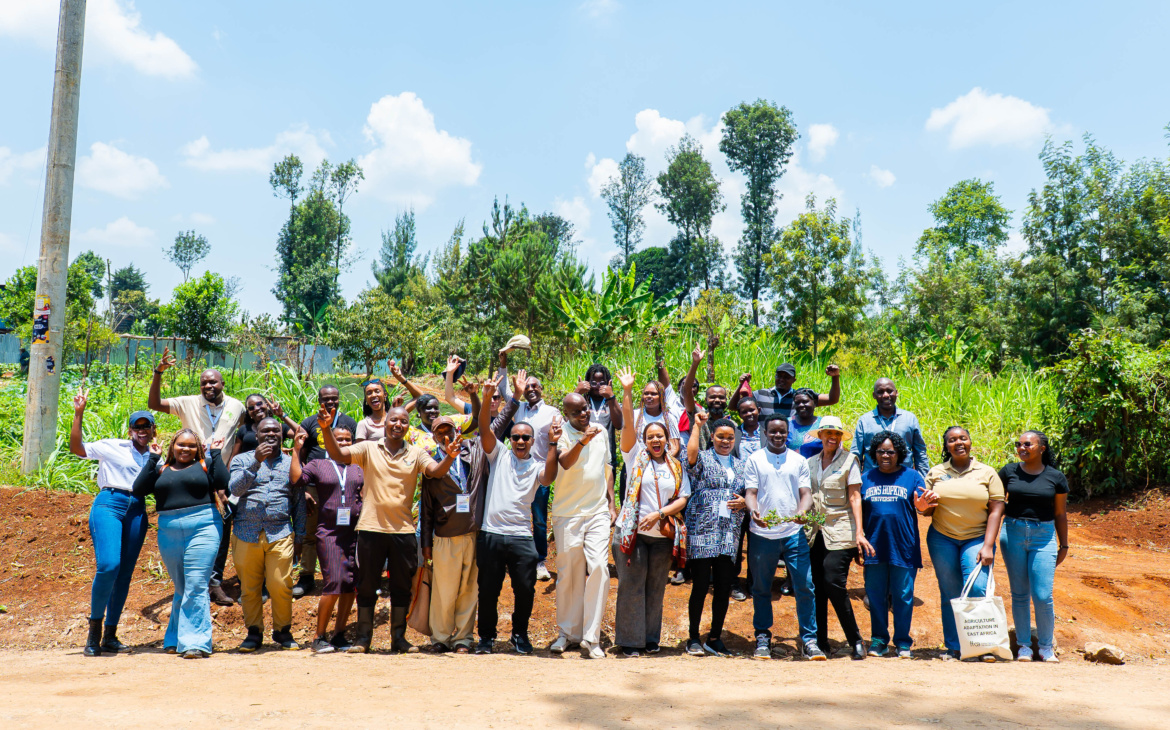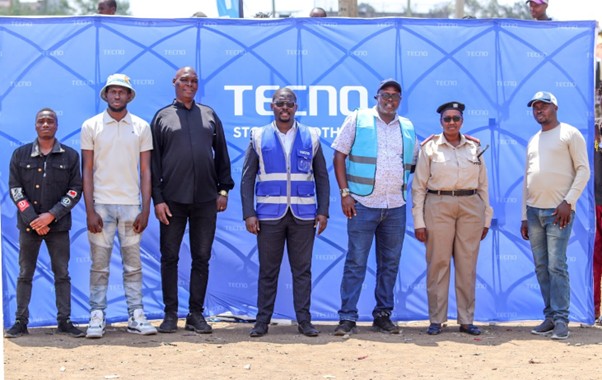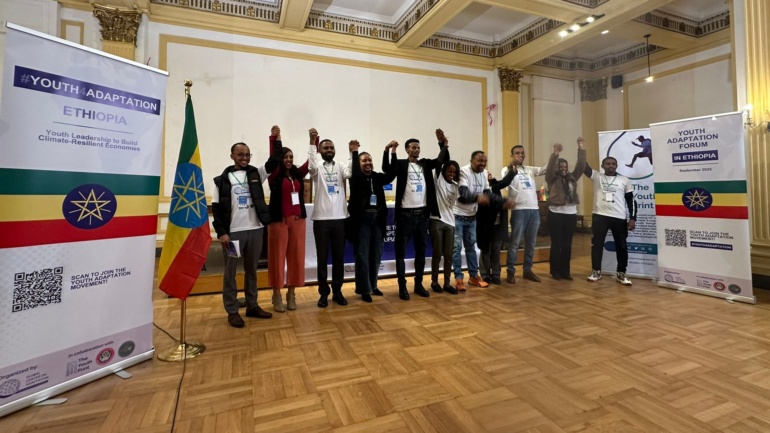In the face of climate change, corporate dominance, and growing food insecurity, Africa stands at a crossroads, with agroecology experts revealing that it is the way forward for the continent. The continent imports nearly $50 billion worth of food annually, even though small-scale farmers produce the bulk of what its people eat.
At the same time, dependence on foreign seeds, fertilizers, and pesticides continues to entrench vulnerability. Yet within this crisis lies a movement steadily reshaping Africa’s agricultural future: agroecology.
For Hakim Baliraine, a Ugandan farmer and chairperson of the Alliance for Food Sovereignty in Africa (AFSA), agroecology is not just a farming method; it is a political, cultural, and ecological revolution.
Through AFSA and his national body, the Eastern and Southern Africa Small-Scale Farmers Forum (ESAFF Uganda), he is at the forefront of pushing for food systems rooted in sovereignty, sustainability, and resilience.
“We influence policies, we build a movement, and we do documentation and research… all that we do can bring to on table the changes we desire for Africa to be food sovereign,” he explains.
According to Mr. Samuel Ndung’u, a Kenyan Farmer from Githunguri in Kiambu County, his farming venture began out of passion and an exhaustion from the employment jobs, and over time realized it became a source of fresh food for the community as a whole.
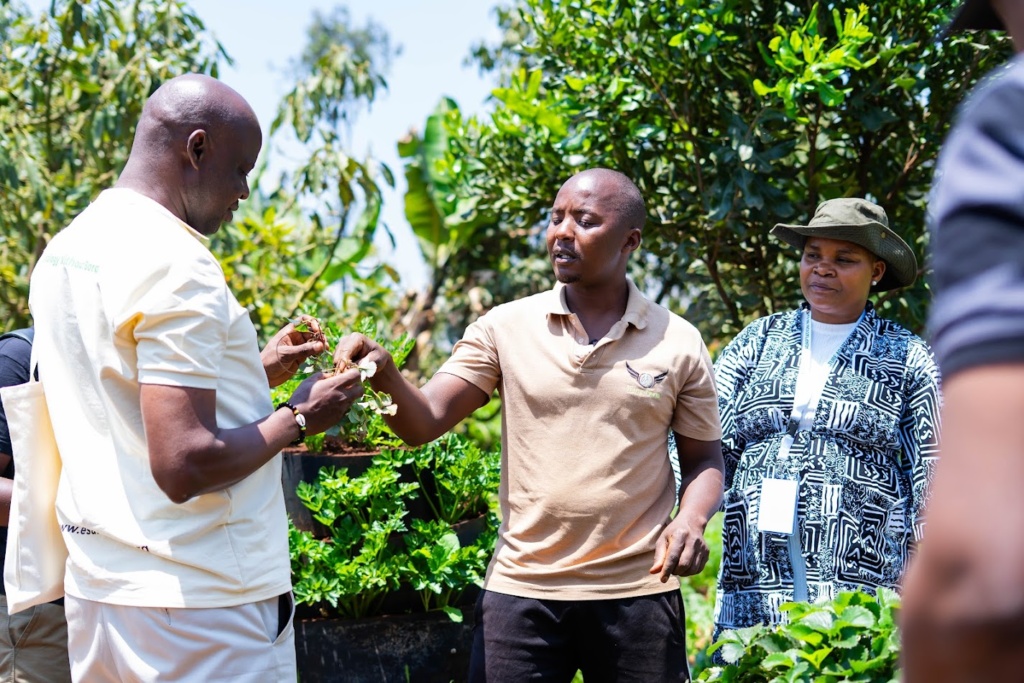
Ndung’u reveals that on his 1.5-hectare plot at Githunguri, he has been able to feed the residents, as well as make sales to the markets from as far as Limuru Road. He also points out how community members, county capacity building meetings are brought to his land for lessons and sharing of best practices.
“I have managed to grow from a smaller portion I began in, and with support from my spouse and family, now we have up to five employees to assist us with the farm duties,” said Samuel.
He further urged that the county government and national government come out with strategic ways of assisting smallholder farmers like himself who have begun the work and are faced with challenges of water, fertilizers, and the market.
Agroecology in Policy Spaces
One significant breakthrough has been getting agroecology onto the agenda of the African Group of Negotiators at UN climate talks. By doing so, African farmers and civil society have elevated the concept from local practice to an international policy concern.
“Policies and other frameworks must integrate agroecology,” Baliraine stresses, “especially when we look at the climate crisis and its effects. We propose agroecological solutions.”
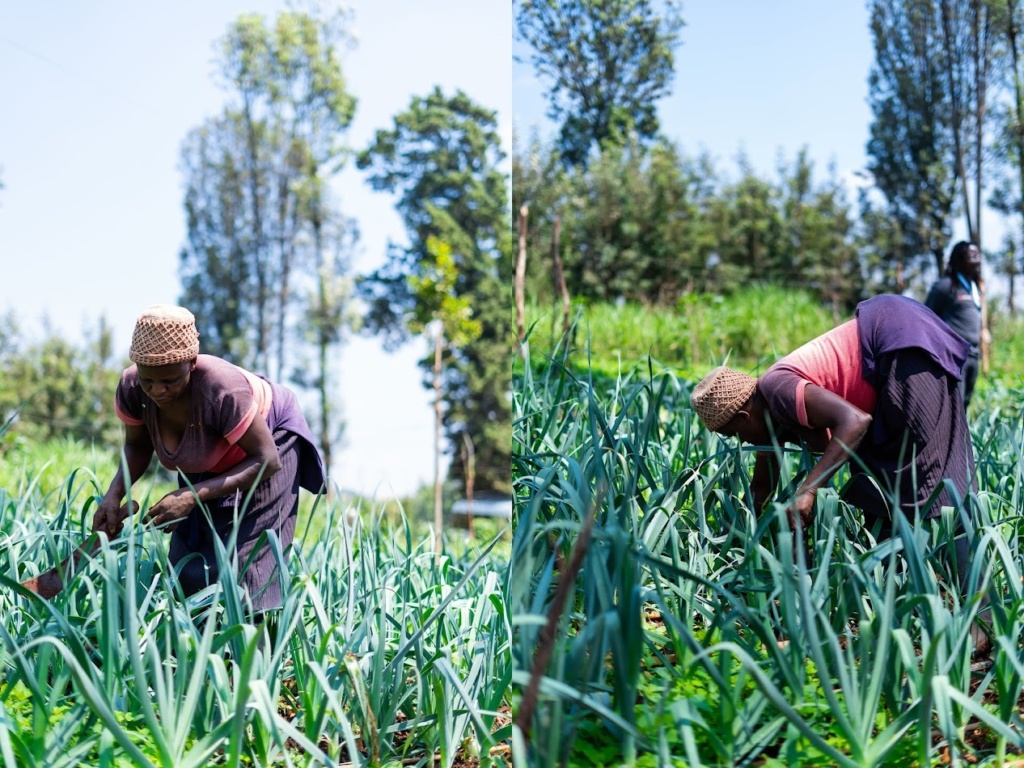
Seeds, Sovereignty, and Land Justice
Seeds remain one of the most contentious battlegrounds. Across Africa, restrictive seed laws, often shaped by international treaties such as 1991 Act of the International Convention for the Protection of New Varieties of PlantsUPOV 1991, criminalize farmers for saving, sharing, and exchanging seeds. This undermines the very backbone of farming communities.
“We look at the policies which criminalize the small-scale food producers not to own, to share,” says Baliraine. “So we undertake research to identify the gaps, and we propose solutions.”
AFSA has been a key contributor to the African Union’s African Farmers’ Managed Seed Systems Framework, pushing back against corporate control. For Baliraine, protecting seeds is inseparable from protecting land, another front in the struggle for sovereignty.
“We want land to be used for food production and things that don’t hurt the land,” he says firmly.
Adding that rather than land being diverted to extractive and industrial projects, which end up affecting the farmers and the ecosystem. “It’s apparent from what we can see here that Samuel has been able to use compost manure from livestock and poultry wastes to keep his soil fertile and crops more nutritious and with better yields,” he said.
AFSA’s advocacy also focuses on women’s land rights, recognizing that gender inequity continues to deny women secure access to the land they cultivate.
Reflecting on this, Samuel Ndung’u urged that the government take smallholder farmers’ opinions, for they are from their first-hand experiences while doing their farm errands. In regard to the Seeds Act he points out that this would cause more harm than good, as it will limit the willing youths from joining the sector.
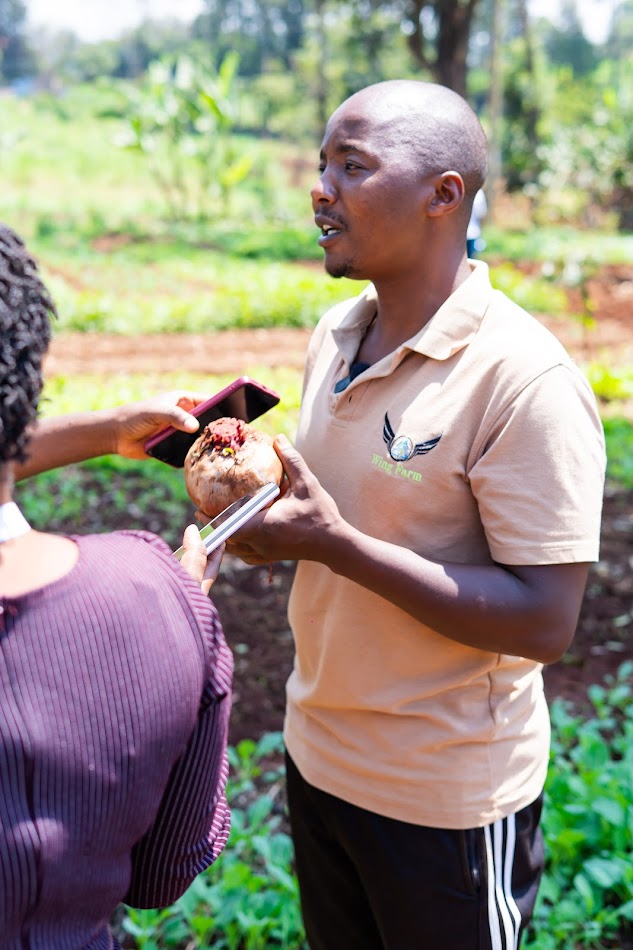
Food, Culture, and Youth
Agroecology is not only about farming methods; it is also about reclaiming food culture. In Addis Ababa, AFSA recently convened traditional chiefs from across the continent to celebrate African cuisines and push for traditional foods to appear on restaurant menus and hotel tables.
“We want Africans to appreciate the food they eat, their culture, their tradition,” Baliraine notes. “And we want to inspire the youth who disregard traditional food as food for the past.”
However, youth engagement remains one of agroecology’s greatest challenges. Many young Africans migrate to cities in search of jobs, abandoning farming altogether. Baliraine warns that without urgent action, “the agriculture sector will remain without people when the elders grow older and die.”
Still, he sees hope in the youth already venturing into farming, even if only to feed their families. His advice is practical: first secure household food needs, then sell the surplus; diversify income streams with livestock; add value to crops; and work in groups to attract buyers.
“The corporations are growing stronger, while civil society grows weaker,” he says. “If Bill Gates wants to see a president, he will be seen the same day. But if citizens plead for two years, they may never be heard. That inequality is the big challenge.”
Corporate-backed policies, from genetically modified crops to dependency on imported inputs, continue to threaten Africa’s sovereignty. Leaders too often defer to foreign investors, sidelining farmers’ voices.
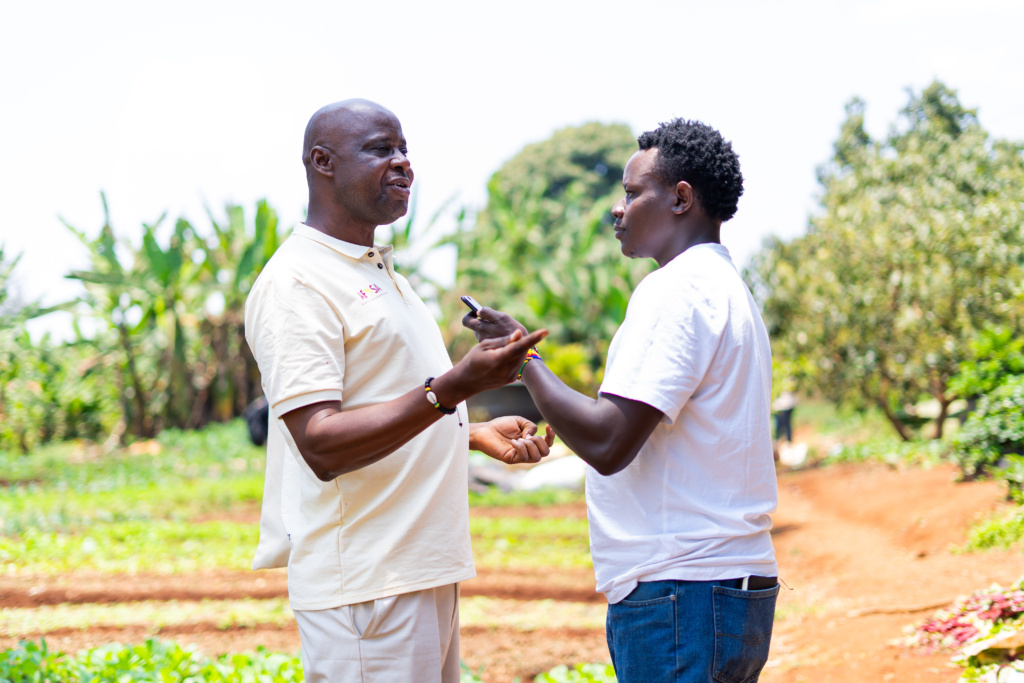
Vision for Food Sovereignty
For Baliraine, the path forward is clear: Africa must be sovereign in its food systems. Sovereignty means that countries can make their own policies, produce their own food, and trade on equal footing with the rest of the world.
“Our entire goal as a continental pan-African organisation,” he says, “is to see that Africa, especially the leadership and policy frameworks, become pro-agroecology. If that happens, all the challenges we face will be history.”
The crises of recent years, from the Russia-Ukraine war disrupting wheat imports to COVID-19 exposing dependence on global supply chains, have emphasized the urgency of this vision.
“We want those people to look at Africa as a partner in development, not a dependent. That is the sovereignty we are talking about.”
A Call to Rethink
Agroecology, Baliraine insists, is not backward-looking. It is about rethinking the consequences of extractive farming and imagining healthier futures.
He challenges governments to consider the hidden costs of chemical agriculture, from rising cases of cancer to ballooning health budgets.
“If the government would invest more in strengthening communities and looking at the root causes of diseases,” he argues, “the money now spent on cancer treatment could instead go into development.”
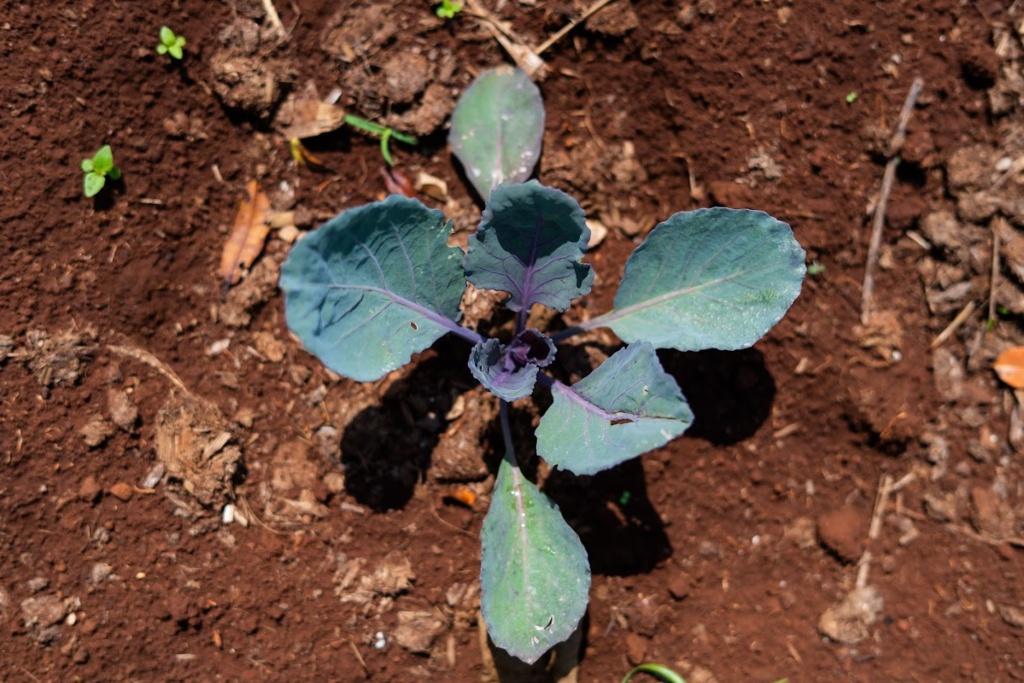
For him, the starting point is the soil: “The more the soil is healthier, the stronger the crops will be. And even the cows and chickens that feed on healthy fodder do not fall sick easily. Although if the soil is weak, whatever you produce will be weak.”
Agroecology, in Baliraine’s view, is more than farming; it is Africa’s pathway to sovereignty, resilience, and dignity.
It is about protecting seeds and land, reclaiming cultural foods, engaging youth, and resisting corporate capture. Above all, it is about reclaiming Africa’s right to feed itself on its own terms.
As climate shocks intensify and health crises mount, his message resonates: food systems built on external dependence are fragile; those grounded in agroecology are the foundation of true sovereignty.

